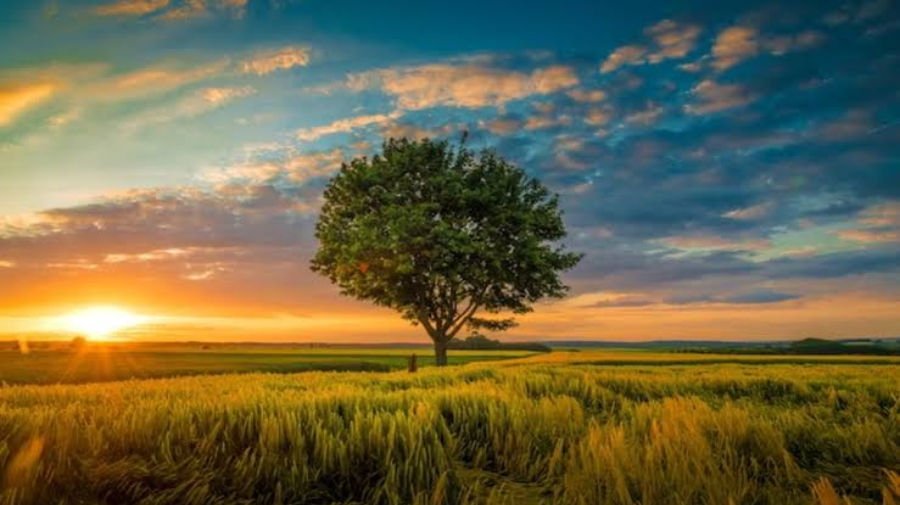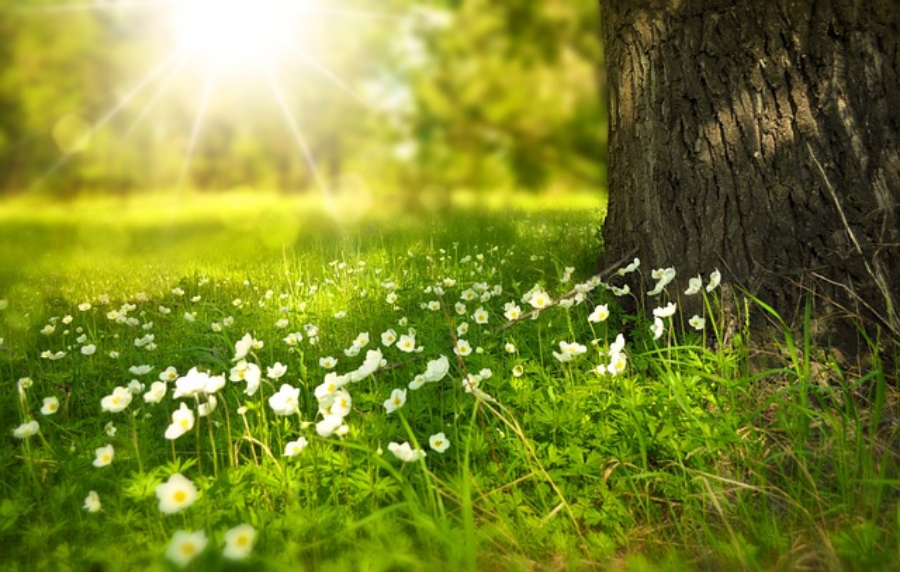

As innumerable volcanoes and geysers throughout the world attest, our planet's tectonic plates are always in motion, and when they contact and grind against one another, earthquakes and tsunamis may occur. This means that our Earth, the soil under our feet, is in a state of permanent change and turmoil.
It serves as the foundation for our society, economy, and very life. We receive the food we eat, the air we breathe, and the water we use to irrigate our crops from our forests, rivers, oceans, and soils. In addition, they provide us with a plethora of additional goods and services that are essential to our success, happiness, and well-being.

5 important things of nature:
It consists of air, water, plants, animals, human life, and many more. Nature provides us with water to drink, air to breathe, food to eat, clothes to wear, and a shelter to live in.
Nature gives us water to drink, air to breathe, soil to build homes on, and land to live on. We can eat fruits, vegetables, and grains because of it.
We have been given nature as a priceless gift by God. Therefore, we ought to appreciate nature without upsetting its equilibrium.
Nature is an innate quality or composition, especially of the universe or the ecosphere. Nature, in this broad sense, refers to the physical world's laws, materials, and phenomena, including life.
Despite the fact that humans are a part of nature, human behavior or humans in general are sometimes seen as being at odds with nature or even as something superior to it.
In today's varied usage of the term, "nature" frequently alludes to fauna and geology. In addition to the broad category of living plants and animals, the term "nature" can also refer to the processes pertaining to inanimate objects, such as the Earth's geology and weather, and how they live and change on their own.

It is commonly understood to refer to the "natural environment" or wilderness, which includes wild animals, rocks, forests, and other objects that have not undergone significant alteration due to human activity or that continue to exist in spite of it.
Manufactured items and human interaction, for instance, are typically not regarded as elements of nature unless they are specifically described as "human nature" or "the whole of nature." This older conception of nature, which is still prevalent today, suggests a division between the natural and the artificial, with the latter being defined as having been created by human consciousness or thought. The term "natural" may also be used to differentiate it from the supernatural or the unnatural, depending on the specific circumstances.
Nature and uses:
The words nature and natural are used for all the things that are normally not made by humans. The word comes from the Latin natura meaning "birth". Nature includes many things like weather, organisms, landforms, celestial bodies. Scientists study the way the parts of nature work.
Being in nature provides us with healthy nutrients like oxygen and vitamin D, eases pain, lowers blood pressure, enhances our mood, and reduces stress. Our brains produce more dopamine and serotonin when we are in nature; these neurotransmitters are linked to increased motivation and feelings of fulfillment.
Without nature no life for all living things.🌱🌱🌱🌱
